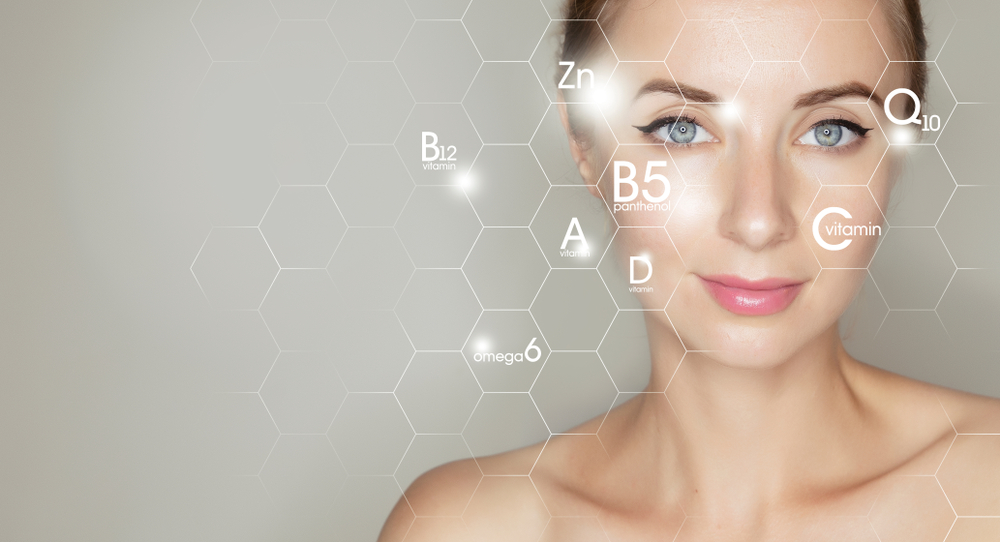For the past 10 years, Japan has celebrated Q10 every September 10. The reason is phonetic: "kyu ten" means September 10th. Q, pronounced "Kyu" in Japanese, corresponds to month number 9 of the year.
It was the Japanese, the record holders for longevity, who discovered the therapeutic properties of coenzyme Q10 in the early 1960s, after observing that people suffering from heart failure had low levels.
Since then, over 5,000 studies have been published. Learn more about ubiquinol, and its role in the immune system.
UBIQUINOL, THE ACTIVE FORM OF COQ10 NATURALLY PRODUCED BY THE BODY
Coenzyme Q10 (CoQ10) also known as Ubiquinone, must be converted to Ubiquinol to be active. Age and certain lifestyles or diseases reduce the stock of CoQ10 and thus the body's ability to convert it into Ubiquinol. At the age of 40, its level has decreased by 30%.
No other substance can replace it, as dietary intake is insufficient.
Highly sensitive to oxygen, it has long been impossible to isolate Ubiquinol for use in nutritional supplements.
The oxidised form, called ubiquinone (Coenzyme Q10 found in most cosmetics and dietary supplements), was previously found, but needed to be converted by the body into Ubiquinol to be active.
After more than ten years of research, the Japanese group Kaneka has developed a unique process capable of producing Ubiquinol bio-identical to that produced by the body. Studies have shown that this Ubiquinol is 6 times more absorbable by the body because it is already in its active form.
UBIQUINOL, THE NUTRIENT OF THE FUTURE?
Its multiple properties, particularly in the regulation of oxygen use
and anti-oxidant, make it a potential candidate for the treatment of
numerous pathologies and it is increasingly used by top sportsmen and
women to increase performance and promote recovery.
Studies have shown that taking 100 mg / day of Ubiquinol significantly increases the energy produced by the body, while reducing cellular oxidation induced by free radicals produced during intense physical effort.
Regular intake of Ubiquinol at 100 to 300 mg/day therefore allows you to increase your performance by acting on both power and recovery.

